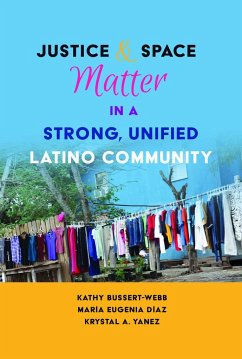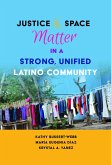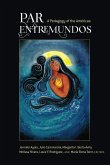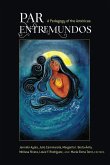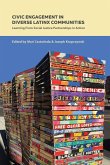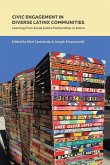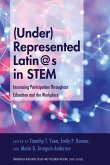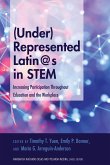Justice and Space Matter in a Strong, Unified Latino Community provides a detailed analysis of colonias along the Mexico-United States border, examining the intersection of culture, education, language, literacy, race, religion, and social class in Latino immigrant communities. The researchers investigated Corazón, a colonia in South Texas, as a case study of these unincorporated border settlements, consisting of mostly Mexican heritage residents and lacking many basic living necessities. Highlighting over ten years of research findings, the authors consider structural inequalities alongside the unique strengths of Corazón. Their acute observations dispel myths about such high-poverty communities and demonstrate how residents overcome the odds through activism, faith, and ganas. In presenting a portrait of the Corazón colonia, the authors offer a deeper level of understanding of one Latino community to inspire the development of a more equitable, compassionate world. This book will be invaluable to students and scholars of all fields who work with culturally diverse people in poverty, and will be ideal for courses in ethnic studies, multicultural studies, ethnographic methods, and socio-cultural applications for education.
Bitte wählen Sie Ihr Anliegen aus.
Rechnungen
Retourenschein anfordern
Bestellstatus
Storno

